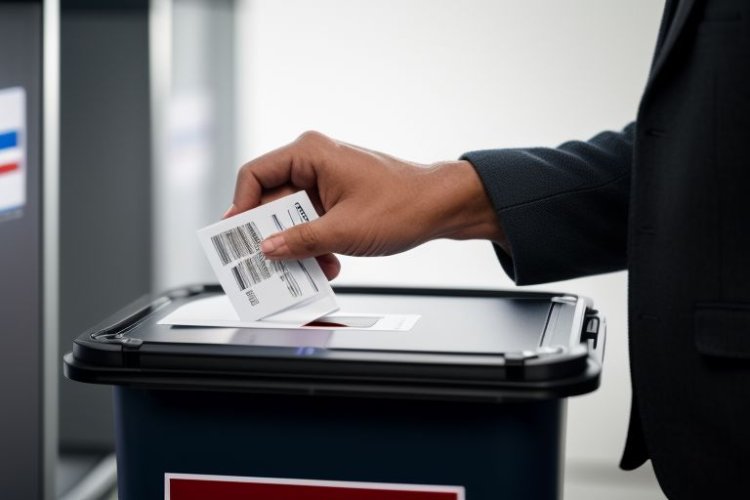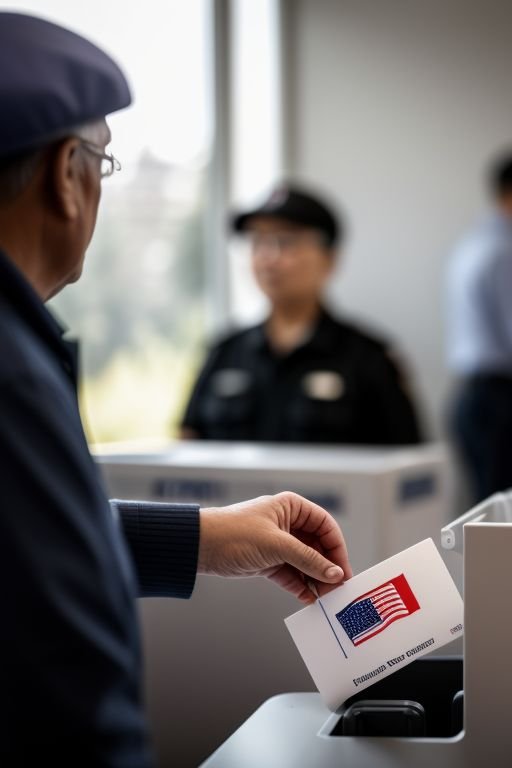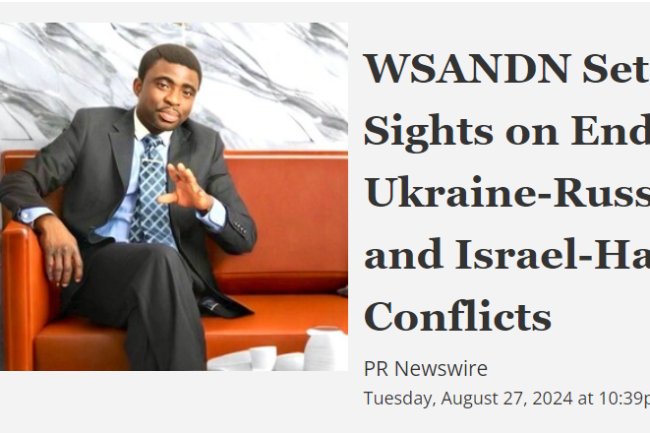Manipulation of Democracy and Illegal Voting
By strategically manipulating electoral processes and district lines, politicians worldwide can ensure that their party has an advantage in elections. This undermines the principle of fair representation and result in distorted electoral outcomes.

Issues of manipulation of democracy, including illegal voting, are prevalent in North America as well as most democratic nation of the world. These issues mainly perpetrated through the manipulation of voter registration systems, vary across different regions pose significant challenges to the democratic process. In some areas, individuals or groups may engage in fraudulent activities to register ineligible voters or manipulate voter rolls. This undermines the integrity of the electoral system and can lead to unfair outcomes.
Another regional issue is the gerrymandering of electoral districts. This practice involves redrawing district boundaries to favor a particular political party or group. By strategically manipulating district lines, politicians can ensure that their party has an advantage in elections. This undermines the principle of fair representation and result in distorted electoral outcomes. Certain regions may implement policies or practices that disproportionately affect certain groups of voters, such as racial or ethnic minorities, low-income individuals, or young voters. These measures can include strict voter ID laws, limited polling locations, or purging voter rolls. Such actions restrict access to the democratic process and can result in the disenfranchisement of marginalized communities. That being said, it is imperative to note that allowing illegals to vote in an election is tantamount to foreign invasion against genuine citizens.
Additionally, the influence of money in politics is a regional issue that affects the democratic process in North America. Wealthy individuals, corporations, and interest groups can exert undue influence by making substantial campaign contributions or funding political advertisements. This can create an imbalance in the political landscape, where those with more financial resources have a greater ability to shape public opinion and influence election outcomes. Such influence undermines the principle of equal representation and can lead to policies that prioritize the interests of the wealthy over the needs of the general population. Moreover, the spread of misinformation and disinformation is a growing concern in the region. With the rise of social media and online platforms, false information can quickly circulate and influence public opinion. This can lead to a distorted understanding of political issues and candidates, ultimately impacting the democratic process. The deliberate spread of misinformation, whether by foreign actors or domestic entities, can manipulate public sentiment, sow division, and undermine trust in democratic institutions.
Foreign interferences in elections is a growing concern in North America and all over the world. Foreign actors, such as governments or organizations, may attempt to influence the outcome of elections through disinformation campaigns, hacking, or other covert tactics. This interference can undermine the legitimacy of the electoral process and erode public trust in democracy. Overall, these regional issues of manipulation of democracy highlight the need for robust safeguards and reforms to protect the integrity of the democratic process. Addressing these challenges is crucial to safeguarding the integrity of the democratic process and ensuring fair and representative elections throughout the region. This requires a concerted effort from policymakers, election officials, civil society organizations, and the public to ensure that elections are free, fair, and transparent to ensure that nations strengthen their democratic institutions and uphold the principles of democracy for all their citizens.





















